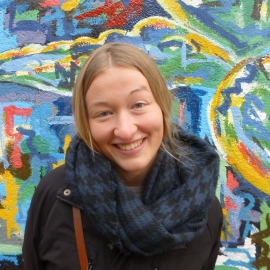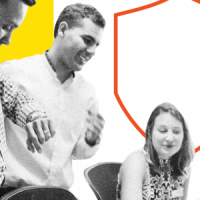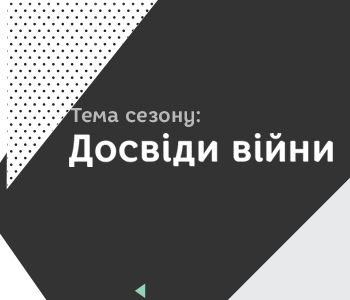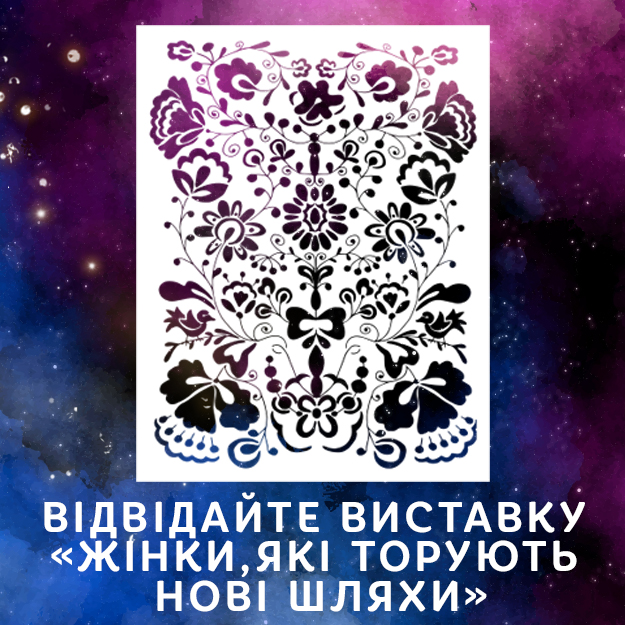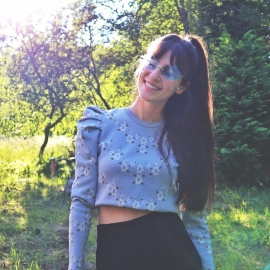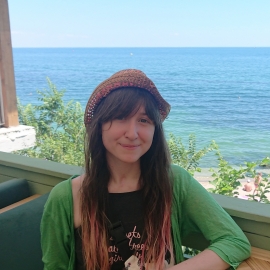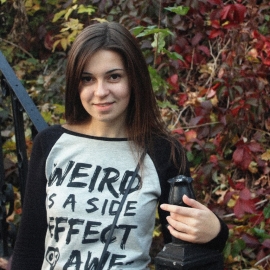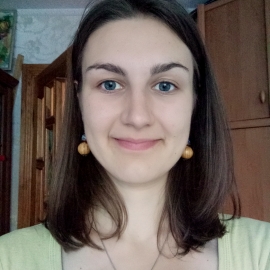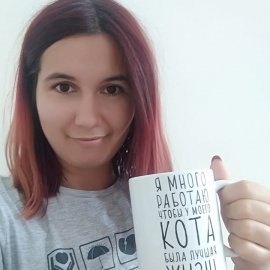Zhurzhenko, T. (2001). Free Market Ideology and New Women’s Identities in Post-socialist Ukraine. The European Journal of Women’s Studies Vol. 8 No. 1
When Ukraine gained independence in 1991, the ‘working mother’ gender contract was destroyed. Zhurzhenko argues that with the transition to a market economy, two forms of seemingly lucrative women’s identities were imported from Western culture: the businesswoman and the housewife. The free market ideology, she argues, is aligned with patriarchal perceptions of women as marginal due to ‘natural’ gender divisions of labour. In the Ukrainian context, economic survival forces women to combine being a housewife and a breadwinning businesswoman. According to Zhurzhenko, this silences critique of the existing political situation, because women are forced to direct all their resources towards their families - not towards political reform.
Koshulap, I. (2007). Cash and/or Care: Discourses and Practices of Fatherhood in Independent Ukraine. Thesis submitted to the Central European University in Hungary, Department of Gender Studies
Based on 20 interviews with married men and women with one child, Koshulap analyses the role of the father in modern Ukrainian nuclear families. The interviews explore how fathers navigate between the traditional role of detached breadwinner and the role of involved parent that is slowly becoming more prevalent in Ukraine. In the master thesis, Koshulap distinguishes between three archetypal roles: ‘father-nurturer’, ‘child’s-best-friend’ and ‘helping hand’. She came across one father-nurturer, almost taking on the archetypal role of the mother, and far the most men fell in the category of helping hands. The interviews reveal that men take some responsibility within the household, but strong emotional connection with the child remains a mostly motherly virtue. Unlike women, men are not expected to have the child as their first priority. None of the men mention providing for the family as being part of fatherhood. Initiatives such as paternity leave are quickly debunked, though, because the mother in most cases is unlikely to bring in a salary that is as high as the father’s salary. In addition to the above analysis, Koshulap presents and explains the relevant legal initiatives and state attitudes towards involved fatherhood.
Libanova, E.M. (2014). The Situation of Older Women in Ukraine. Analytical Report. Ukrainian Centre for Social Research and United National Population Fund
As the life-expectancy of women in Ukraine is much higher than that of men, almost two thirds of people in Ukraine aged 60 and above are women. Though women have a higher life-expectancy than men, the life-expectancy for women in Ukraine is noteworthily lower than in other European countries. Older people are vulnerable to poverty in general, yet women are more exposed due to the gender gap in pension income. The gender gap in pensions income is partially because of the lower pension age limit for women and because of the gender segregation in employment. As women often work low-paid jobs or part-time jobs, and in general are out of the workforce for longer than men due to longer education and maternity-leaves, they earn less pensions. This implies a serious disadvantage for older women’s health, because 40 percent report that they cannot afford medications and medical supplies, to not even mention surgery and hospitalization. In Ukraine, it is common for older women to help their younger relatives with childcare and financial assistance, especially when they live with their children and grandchildren. Older women are thus a key figure in primary care work and in allowing young women to form part of the labour market. The report offers extensive statistics and is rounded off with a list of policy suggestions for a Ukrainian active ageing policy.
